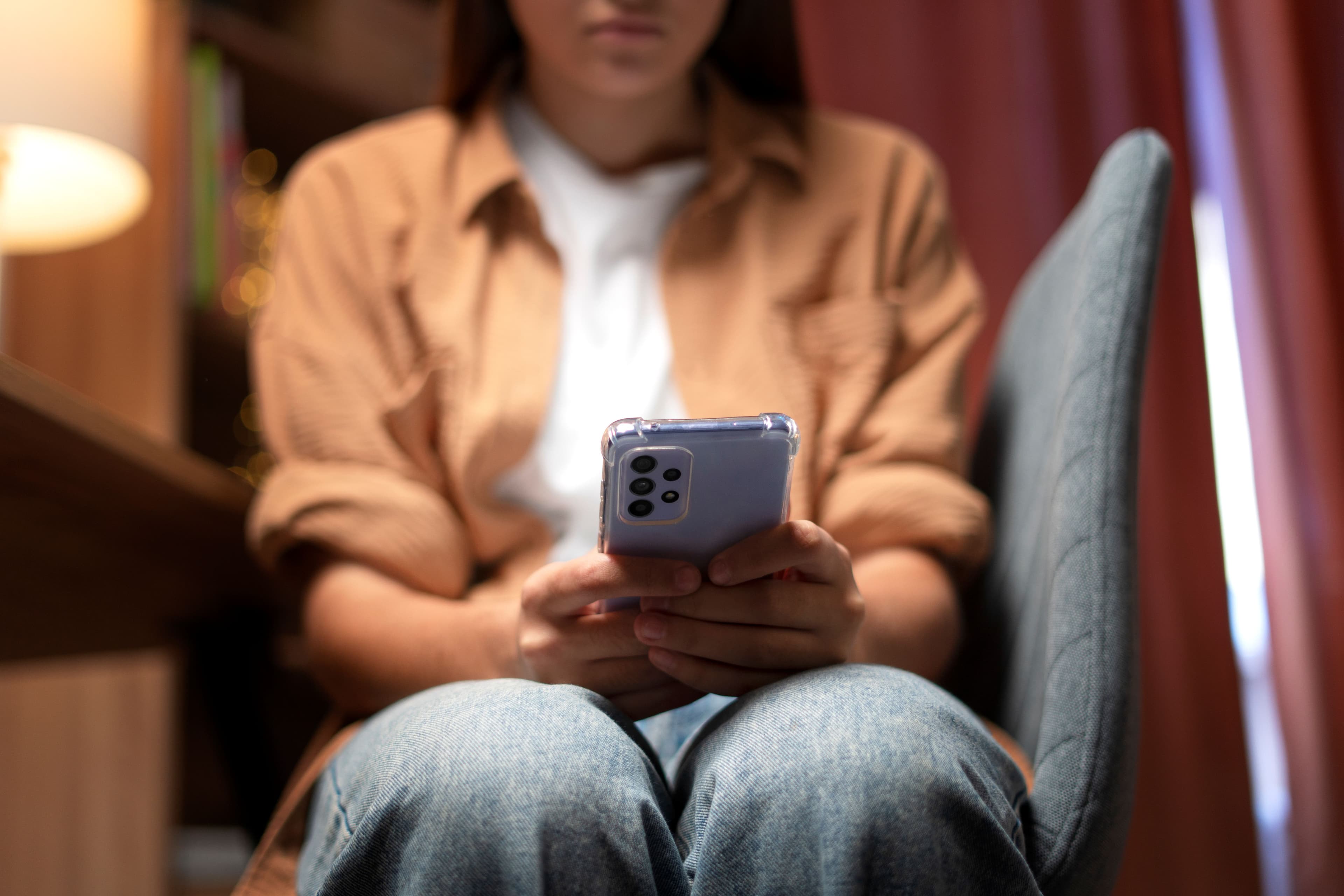As a psychiatrist, I have seen firsthand how social media influences mental health. While it offers connection and information, I often encounter people who report increased anxiety, low self-worth, poor concentration, and sleep disruption — patterns that strongly correlate with digital overexposure.
In recent years, the relationship between social media use and mental health has moved from casual observation to an area of serious clinical research.
What the Latest Research Tells Us
● A 2023 systematic review published in JAMA Psychiatry found that adolescents and young adults who spent more than 3 hours daily on social media had double the risk of developing depression and anxiety symptoms compared to peers with limited use.
● A 2024 longitudinal study by the American Psychological Association (APA) highlighted that algorithm-driven content (especially beauty and lifestyle content on platforms like Instagram and TikTok) was significantly associated with negative body image and increased self-criticism among young women.
● In a 2023 study from the University of Bath, researchers observed that participants who took a 7-day break from social media reported significant improvements in mood, sleep, and concentration — especially those with pre-existing anxiety or depressive symptoms.
The Neurobiological View
From a neurobiological perspective, constant exposure to fast-paced, highly stimulating content can:
● Disrupt attention regulation, especially in individuals prone to ADHD or anxiety.
● Activate the brain’s reward circuitry, encouraging compulsive use.
● Interfere with circadian rhythms, affecting sleep and mood stability.
Moreover, the constant comparison to curated online personas often reinforces feelings of inadequacy, which may exacerbate underlying vulnerabilities — particularly in people with low self-esteem, trauma histories, or perfectionistic traits.
The clinical Implications
We often explore a patient’s relationship with social media as part of a broader mental health assessment. We’ve observed the following patterns:
● Social media overuse often coexists with sleep problems, irritability, and attention issues.
● Individuals with a history of trauma or disordered eating are especially sensitive to appearance-based content.
● Social withdrawal or low mood may intensify after extended periods of passive scrolling or comparison.
Therapeutic Recommendations
We don’t ask people to “quit” social media, but rather to use it more consciously. Some practical suggestions:
● Digital boundaries: Set app timers or designate screen-free hours.
● Content curation: Follow accounts that promote education, humor, or empowerment — not insecurity.
● Reflective scrolling: Ask, “How do I feel after using this app?”
● Therapeutic dialogue: In psychiatric and psychotherapeutic settings, social media use is no longer a side issue — it’s often central to understanding an individual’s self-image, emotional regulation, and interpersonal dynamics. Exploring it in therapy opens up deeper insight into identity, validation needs, and relational wounds.
Social media may seem like a surface-level topic, but when explored skillfully in therapy, it reveals some of the most fundamental human concerns: belonging, comparison, rejection, and the desire to be seen. Integrating it into therapeutic dialogue is essential in modern mental health care.
Final Thoughts
Social media is not inherently harmful — but unreflective, compulsive use can amplify emotional distress, especially in vulnerable individuals. As clinicians, we must integrate digital wellbeing into mental health care, just as we do with sleep, relationships, or nutrition.
If you find yourself feeling worse after being online, it’s worth talking about it in therapy with a mental health professional.
